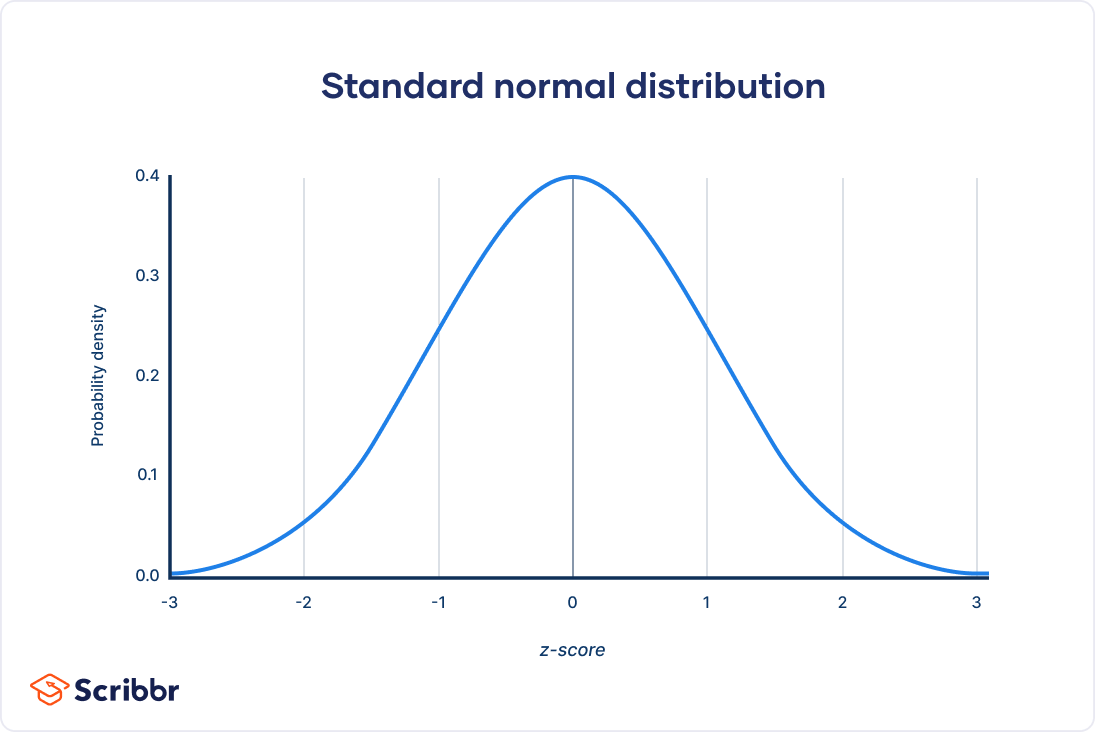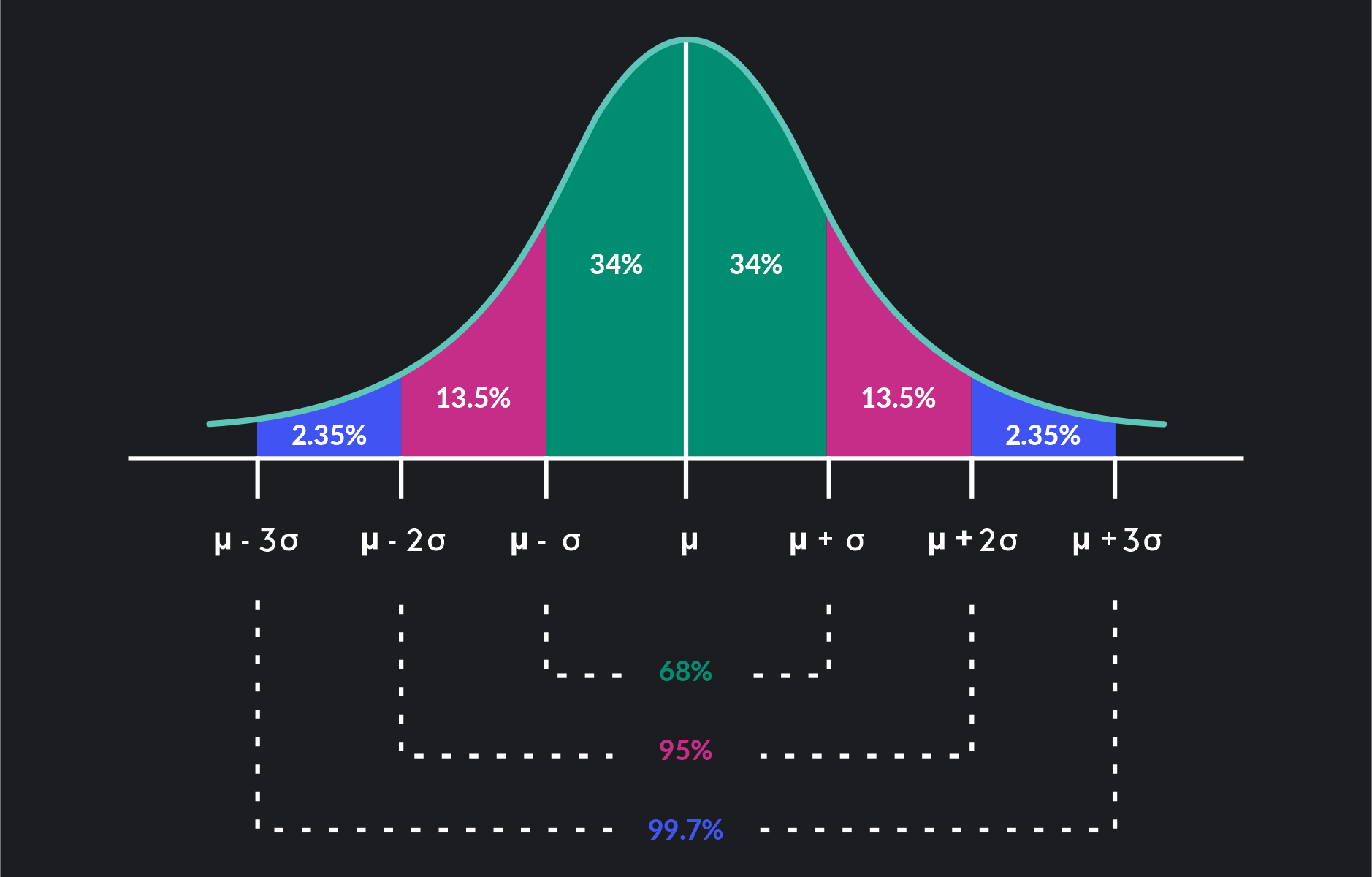Have you ever wondered what your "normal" body temperature truly is? It's a question many of us ask, particularly when we're feeling a bit under the weather or just curious about our health. For a very long time, you know, a specific number, 98.6 degrees Fahrenheit, has been talked about as the average normal human body temp. That said, it turns out that number might not be the whole picture for everyone.
Actually, your body's temperature is a bit more personal than you might think. It's not just one fixed point for every single person. In fact, what's considered typical for one person might be a little different for another. So, if you're looking for a clear idea of what your normal human body temp should be, it’s worth looking beyond that single, well-known average, as a matter of fact.
This article is here to help you get a better grip on your own body's warmth, what influences it, and what numbers are truly typical. We'll look at the ranges, the factors that cause shifts, and, you know, when a temperature might signal something worth checking out. It's all about getting to know your body a little better, really.
Table of Contents
- What is Normal Human Body Temp?
- Factors That Change Your Normal Human Body Temp
- When Is It a Fever?
- FAQ About Normal Human Body Temp
What is Normal Human Body Temp?
When we talk about the normal human body temp, it's really about the temperature range found in people when they are feeling well. This is sometimes called normothermia or euthermia, as a matter of fact. It's the temperature your body works best at, allowing all its systems to function smoothly. But, you know, what that "normal" looks like can vary a bit from person to person, and even within the same person throughout the day.
The Average Versus the Range
The average human body temperature is generally accepted as 98.6°F (37°C), that's true. This number has been around for a very long time, and many people still think of it as the only normal temperature. However, research and everyday experience tell us that this is just an average, and your personal normal human body temp can actually fall within a wider span. For a typical adult, body temperature can be anywhere from 97°F to 99°F, or about 36.1°C to 37.2°C when taken orally, so it's almost a two-degree spread there.
Some studies have shown that the normal body temperature can have a wide range, from 97°F (36.1°C) and still be perfectly fine. It's really more of a window than a single dot on the thermometer. So, you know, if your temperature is a bit below or above 98.6°F, it doesn't automatically mean something is wrong. It could just be your body's typical baseline, you know, your personal normal human body temp, as it were.
Measuring Your Temperature Properly
How you measure your temperature can also make a difference in the reading you get, which is important for finding your normal human body temp. An oral measurement, for instance, typically ranges between 36.5°C to 37.2°C (97.7°F to 99.0°F) and is a common way to check. Other methods, like taking it under the arm, in the ear, or rectally, might give slightly different numbers. It's a good idea to use the same method consistently if you're trying to figure out your own usual temperature, basically.
Using guidelines from both the American Medical Association and the World Health Organization can help provide a clear roadmap for understanding these numbers. These organizations offer insights into what ranges are considered healthy across different measurement sites. So, you know, it's not just about the number itself, but also how and where you got that number, really.
Factors That Change Your Normal Human Body Temp
Your body temperature isn't static; it shifts and moves throughout the day and even across your life. Many things can influence what your normal human body temp looks like at any given moment. These factors are completely natural and usually nothing to worry about. They just show how dynamic and responsive your body truly is, you know.
Age and Its Impact
One big factor that plays a role is age. Adults over the age of 60, for example, tend to have a lower body temperature compared to younger adults. This is a pretty common observation. So, if you're older, your "normal" might naturally be a bit cooler than someone in their twenties, and that's perfectly fine. It's just how the body changes over time, basically.
The normal range of body temperature varies across the lifespan, so it's not just older adults, either. What's typical for a baby or a young child will be different from a teenager, and then again from a middle-aged person. It's helpful to know these general age-based ranges when you're checking temperatures, you know, especially for little ones.
Daily Rhythms and Activity
Your body temperature also changes throughout the day, which is a very interesting point. It's usually a little lower in the morning when you first wake up and tends to climb a bit in the afternoon or early evening. This daily cycle is called a circadian rhythm, and it's completely normal. So, if you take your temperature at 8 AM and then again at 4 PM, you might see a slight difference, and that's just your body doing its thing, you know.
Physical activity levels also play a big part. When you exercise or are very active, your body produces more heat, which naturally raises your core temperature. So, if you've just finished a workout, your temperature might be slightly elevated, and that's to be expected. It's a temporary change that goes back to your baseline as you cool down, basically.
Gender and Environmental Influences
Body temperature ranges fluctuate based on gender, too. For instance, women's body temperatures can vary throughout their menstrual cycle, often being slightly higher after ovulation. This is just a natural hormonal influence. So, you know, it's another one of those individual differences that make each person's "normal" unique.
The room's temperature or your environment can also affect your body's reading. If you're in a very warm room, or bundled up in a lot of blankets, your skin temperature might rise, which can sometimes influence an oral or skin thermometer reading. Conversely, being in a cold environment might make your surface temperature drop a little. It's pretty much about how your body interacts with its surroundings, actually.
When Is It a Fever?
While your normal human body temp can vary, there are clear signs when it crosses into fever territory. Body temperature slightly above normal, typically ranging from 37.3°C (99.1°F) and up, starts to be considered a fever. The average normal body temperature is commonly accepted to be 98.6°F (37°C), but anything in the range of 97°F to 99°F is usually considered normal, so a reading above that 99°F mark is often when people start to pay closer attention, basically.
It's important to know what range constitutes a fever and when to treat it or call a doctor. Various sources have slightly different temperatures for fever, hyperthermia (overheating), and hyperpyrexia (very high fever). Generally, a temperature of 100.4°F (38°C) or higher is widely accepted as a fever. Your doctor or a reputable health organization, like the World Health Organization, can offer specific guidelines for different age groups and situations, you know.
Remember that a perfectly healthy person might have a body temperature that fluctuates a bit, even outside the typical 98.6°F, without being sick. It's about knowing your own baseline and noticing significant changes from that. If you're concerned about a temperature reading, or if you have other symptoms that worry you, it's always a good idea to seek medical advice. Learn more about health topics on our site, and for specific information about temperature management, you can link to this page here.
FAQ About Normal Human Body Temp
People often have questions about their body temperature, especially when they're trying to figure out if they're feeling okay. Here are some common questions about normal human body temp that come up pretty often, you know.
What is the true normal body temperature?
The "true" normal human body temp isn't a single number, but rather a range. While 98.6°F (37°C) is often cited as the average, a healthy adult's temperature can typically range from 97°F to 99°F (36.1°C to 37.2°C) when measured orally. It can also vary based on the time of day, your activity level, and even your age, so it's a bit more fluid than you might expect, really.
Is 99.0 a normal body temperature?
Yes, 99.0°F is generally considered within the normal range for an adult's body temperature, especially if measured orally. As we've discussed, the typical range for adults goes up to 99°F. So, if you see that number, it's usually nothing to worry about on its own, basically. It just means your body is doing its thing.
What is a healthy temperature range?
A healthy temperature range for most adults typically falls between 97°F (36.1°C) and 99.9°F (37.7°C), though some sources might show slight variations. This range accounts for the natural fluctuations your body experiences throughout the day and with different activities. It's really about finding your own personal baseline within that broader healthy span, you know, and recognizing when something feels off.



Detail Author:
- Name : Prof. Lynn Bode II
- Username : nola58
- Email : murphy.emily@gmail.com
- Birthdate : 1989-07-11
- Address : 84346 Ullrich Mills Felicialand, CA 93299-8267
- Phone : +1-667-967-2956
- Company : Cassin-Kuhn
- Job : Semiconductor Processor
- Bio : Voluptatem fugiat nesciunt quos consequatur ea tempore. Veritatis quis dolorum porro ut aut et. Aperiam corporis nulla dolor delectus voluptatibus. Ea aspernatur qui autem corporis pariatur rerum.
Socials
linkedin:
- url : https://linkedin.com/in/ebertg
- username : ebertg
- bio : Ea ut rerum aliquid dolor.
- followers : 6377
- following : 364
instagram:
- url : https://instagram.com/gerhard9325
- username : gerhard9325
- bio : Aliquid nam repellat perferendis. Ipsam quia autem eos sit. Numquam ullam qui et delectus nesciunt.
- followers : 4723
- following : 614
tiktok:
- url : https://tiktok.com/@gerhard_ebert
- username : gerhard_ebert
- bio : Culpa sapiente ullam qui quia qui pariatur rerum.
- followers : 1186
- following : 2201
facebook:
- url : https://facebook.com/ebert1988
- username : ebert1988
- bio : Enim nihil corrupti quae quis inventore aliquam. Aut laborum sed adipisci.
- followers : 591
- following : 1300
twitter:
- url : https://twitter.com/gerhard7471
- username : gerhard7471
- bio : Perspiciatis minima eligendi nihil commodi. Magnam totam voluptate dolores eos in molestias nihil. Quaerat ad id laudantium recusandae dolor odio voluptatem.
- followers : 6374
- following : 255

